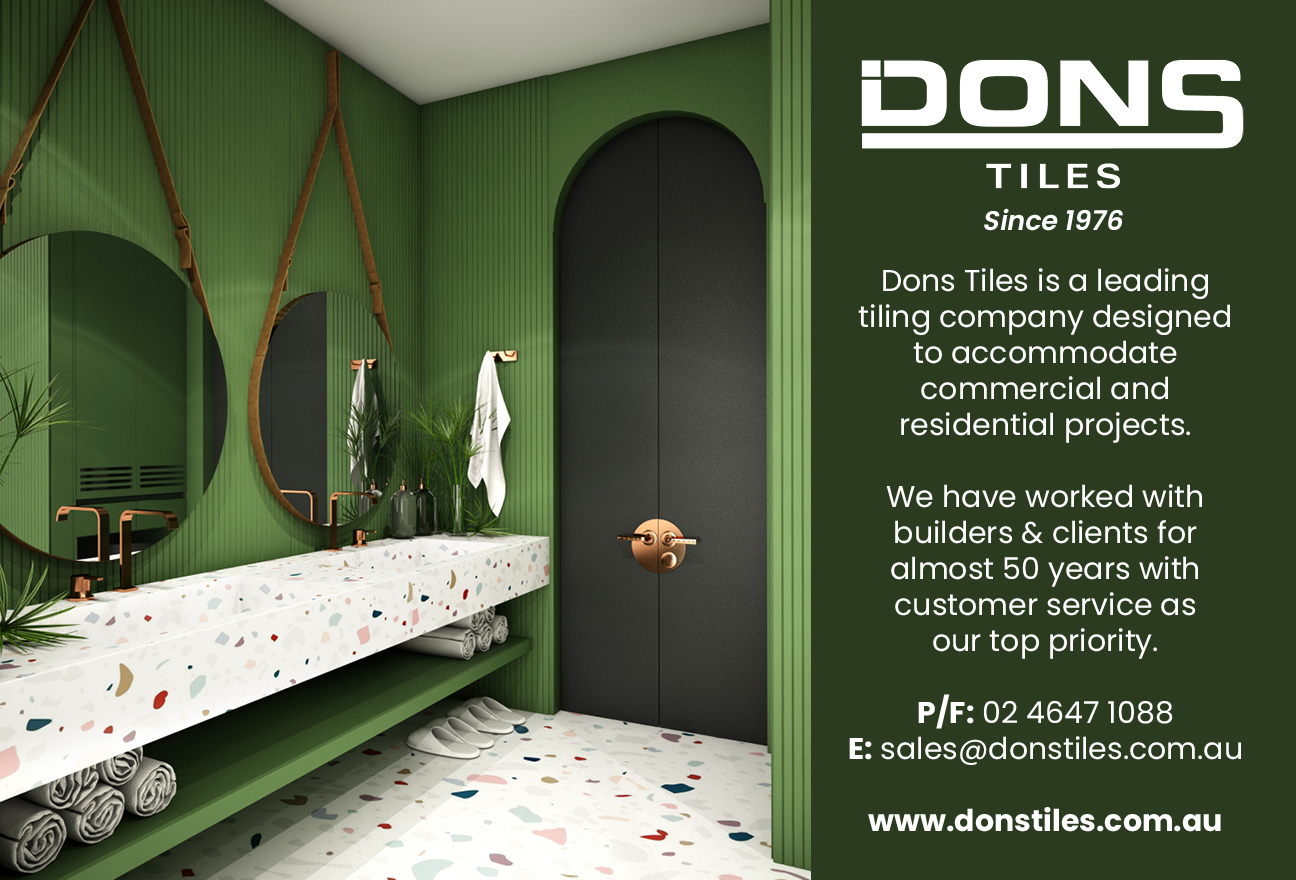The way Danny Assabgy sees it, the construction industry hasn’t really changed in the past 100 years.

“We’ve all been doing it the same way,” he tells The CEO Magazine. “It’s one of the few industries that hasn’t been disrupted by technology.”
But with his new Build Buddy system, Assabgy is about to shake things up. The program, which works off intelligent technology and puts the customer in the driver’s seat, enables them to save money at the same time as customizing their dream house.
“Through their mobile phone or tablet, they can complete 100 percent of the building process – selecting their fixtures and fittings and their preferred trades and suppliers,’ he says. “And the main benefit is, while it does require a little bit of work for the customer to do, they’re saving about 20 percent off the cost of building a house because there is no builder’s margin added to any of the costs.”

It’s one of the few industries that hasn’t been disrupted by technology.
But the customer is far from alone in the process. In addition to completing an accredited course, each project is assigned a Build Buddy that guides them through the entire design, approvals and selections process and continues to offer support and guidance throughout the entire construction program. A Site Supervisor is also included, who looks after all the day-to-day construction, scheduling and quality-control matters.
“Think of it like Uber, where you’ve got two parts to the software. You’ve got the Uber platform for the customer, which we call Build Buddy. And there’s one for the tradesperson, which is the driver, and that’s called Trade Buddy. And they both communicate together.
“So, it’s a way for trades to get the work and to charge the fees they want to charge. And everything’s automated. By creating a project workflow based on the needs of your specific building project, Build Buddy tells you exactly what you need to do, when you need to do it and connects you with the consultants, contractors and suppliers that you need to complete your entire building project.”
Groundbreaking technology
It’s the first of its kind in the world, Assabgy says. “This is a major change, and I’m calling it the future of home building. It’s connected to every council in Australia, Canada and in the mainland United States, so, the system can work globally,” he enthuses.
“It’s all about putting customers more in control of their own build. There really is nothing like it in the world because it’s hard to do. But week by week we’ve just been making more improvements and additions.”
The construction industry now is incredibly different from a decade ago, when Assabgy founded Hudson Homes. And while a lot of improvements have been made, between the COVID-19 pandemic and supply shortages, it hasn’t all been smooth sailing over the past few years.
“I’ve been involved in the industry for probably 25 years, and I’ve never experienced anything like what we’ve experienced in the last two-to-three years,” he says.
“And it’s not just the COVID-19 pandemic, because we traded really well through that, but it’s the material shortages, it’s the labor shortages, it’s the weather. Everything in the building industry is just turned upside down. It’s absolutely insane.”
Indeed, over the course of the pandemic, Assabgy reveals that Hudson Homes’ sales almost tripled, partly as a result of the government grant, which saw people signing up at record rates for new homes.
“The problem is that we then have to go and build them, and we’re still all relying on the same trade base,” he explains. “We’re relying on the same material supplies. And we’re all experiencing delays. At one stage, we couldn’t get timber. We couldn’t even get kitchen sinks.”
Offering accountability
At the end of the day, it’s really all about keeping the customer happy, which Assabgy admits can be a tough thing to do in the building industry.
“There are 150 things that can – and do – go wrong on every single build, and especially in the past 12 months where things are delayed,” he explains. “I’ve got homes that should have been finished in 24 weeks, taking 36-to-38 weeks. And people can’t plan around it. I mean, if you think you’re going to be in your new home by Christmas, and that comes and goes, you’re very upset.”

There are 150 things that can – and do – go wrong on every single build.
The solution? A promise that keeps them accountable, always.
“We’ve put a guarantee in place, because our biggest problem in the industry at the moment is timing, how long it takes to build a house,” Assabgy says. “I sat down with our leadership team and said, ‘What’s the craziest thing we can offer someone to show that we’re addressing this?’ And as a joke, someone said, ‘Let’s pay people A$5,000 [US$3,450] a week for every week that we’re late’.
“And I said, ‘You know what? I know we’re laughing about it, but let’s do it.’ We call it the confidence guarantee. It puts us all in alignment to make sure that the site supervisor’s aware, and the suppliers are aware, so everyone knows what they need to do, and it’s really putting our money where our mouth is.”



